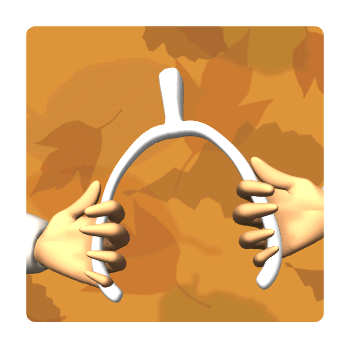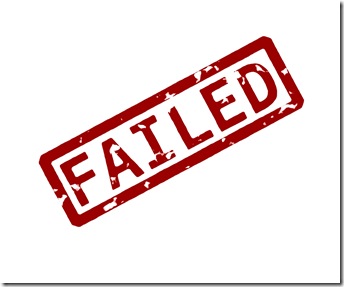Job Seekers Should Stop Being So Hypocritical
For 30 years this September, as both a contingent and retained recruiter, I have listened to the complaints by candidates (job seekers) about hiring managers and the complaints by hiring managers about candidates.
Even after 30 years, as I read blog comments, or sit in a chair and listen to these complaints, I’m still amazed (yes, amazed) at the hypocrisy spewing out from both candidates and hiring managers.
I read the comments to our blogs where candidates complain about the black hole when they send resumes, they complain about how long it takes to fill a position, they complain about recruiters, they complain about not getting their calls returned, they complain that their resume doesn’t get read in great detail, they hate the 10 second resume screen, they complain about cover letters, they complain about how these hiring managers are missing qualified people, they complain that the interview wasn’t fair or too short or too long, and that the person conducting the phone interview wasn’t qualified and didn’t know the job. This list could fill a book about the size of War and Peace, or for those not into War and Peace, book seven of Harry Potter.
Sound at all familiar if you are seeking a new position?
I then listen to hiring managers, HR, CEOs and key executives who are doing the hiring complain that, I get too many resumes, I get tired of interviewing average candidates, I will get to those resumes this weekend or next weekend, the resumes don’t match my job, candidates don’t know how to interview, candidates can’t put together two complex sentences, they complain that recruiters aren’t screening tight enough, they complain recruiters are screening too tight, they get angry at the recruiter for wasting their time interviewing unqualified candidates, they rule a qualified candidate out because they didn’t like the way they sat in the chair (I’m not kidding), they rule a candidate out because his tie was not straight (No, I’m not kidding), give me a job spec so tight and narrow that they themselves (this person’s boss and direct report) wouldn’t be qualified, tell me that from a 15-minute interview this person won’t fit, isn’t assertive enough, or my favorite, the candidate isn’t a team player (so I ask, “What teams will they serve on?” Answer, “Well not right away, but probably in the next two years.”) They also don’t like the candidate’s handshake, or for this sales position the person needs to be a real go-getter, outgoing and aggressive (so then I ask if they like being approached by outgoing, aggressive sales people and they reply, “No, of course not.”) I could fill another book the size of War and Peace with these complaints.
Then I realized in both cases, I’m talking with or listening to the exact same person.
Job seekers become hiring managers and hiring managers become job seekers.
The problem is that when they move from one side of the desk to the other, their perspective changes, their needs change, their priorities change, and it is a whole new ball game. Hiring, whether it’s a candidate or hiring authority is “all about me” and “what’s in it for me?” That is just the way it is. Right or wrong, good or bad, like it or not, that is the fact of hiring.
So the next time, before you complain, from either side of the desk, please take a step back, look at yourself and treat the person on the other side of the desk with the same respect you complain about.
I know, I for one, would surely appreciate it.
You can download many free tools from our Web site. Our most popular free resource is the sample cover letter. CLICK HERE to get one.
If your LinkedIn profile is just fair to average download our free LinkedIn profile assessment to help you build a great profile that gets you noticed. CLICK HERE to download.
You should also join our LinkedIn Job Search Networking group. This group had 3,900 members. The articles and discussions can only help you with your job search. CLICK HERE to join, all are welcome, and of course it is free.
I welcome your thoughts and comments. Good or bad, agree or disagree, all voices are welcome. Just be respectful.
Brad Remillard















